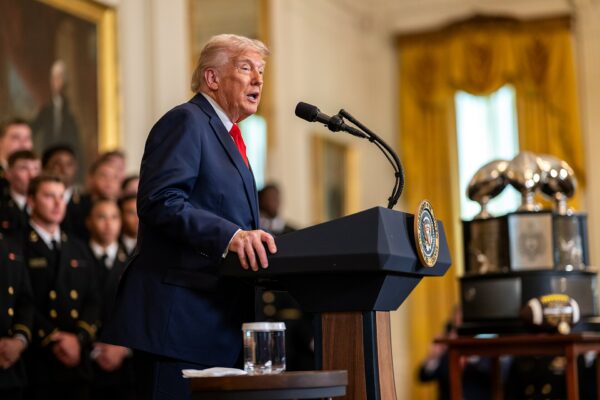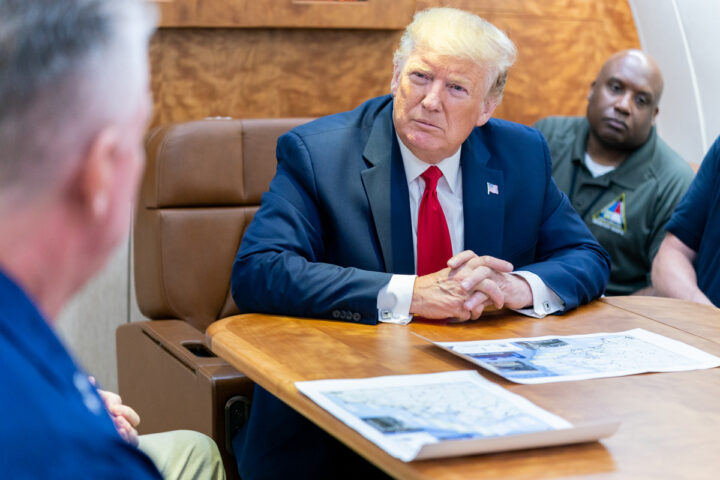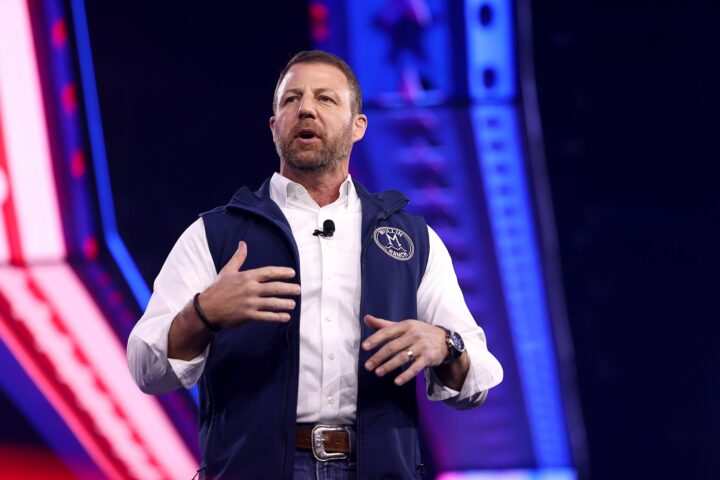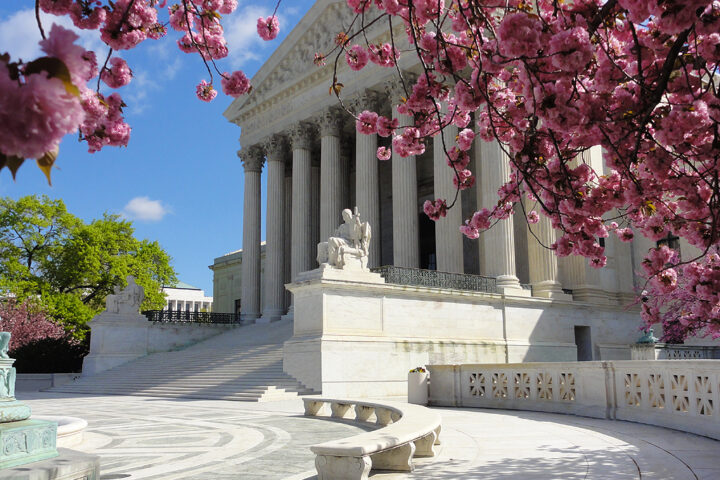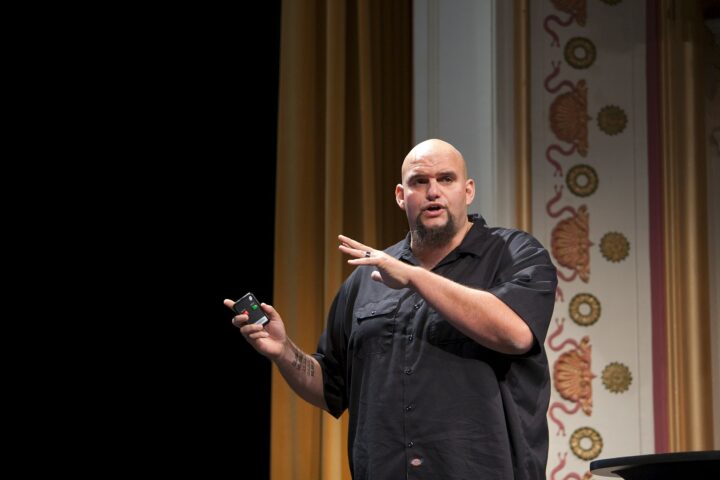President Donald J. Trump announced on Tuesday evening that the United States and Japan have reached a landmark trade agreement, calling it “the largest trade deal in history—maybe the largest deal in history.”
The deal, which includes sweeping tariff reductions and a massive investment commitment from Tokyo, marks a major win for the administration’s tough but transactional approach to global trade.
Posting to his Truth Social account, President Trump revealed that under the new agreement, reciprocal tariffs will be set at 15%, a significant drop from the previous 25% imposed on Japanese auto imports.
In return, Japan will invest an extraordinary $550 billion into the U.S. economy. Trump added that the United States will retain 90% of the profits from those investments, although further details were not immediately disclosed.
The president also celebrated Japan’s decision to open its markets further to American products, listing automobiles, trucks, rice, and other agricultural goods as key areas of expanded access for U.S. exporters.
“This is a deal that benefits American workers, American farmers, and American energy producers,” Trump said during a meeting with Republican lawmakers at the White House.
A notable component of the deal is a joint venture between the Japanese government and the United States for liquefied natural gas (LNG) development in Alaska.
For years, the Trump administration and U.S. energy industry have pushed to secure foreign partners for a proposed LNG export project in the state. This agreement marks a critical breakthrough in that effort.
Japanese Prime Minister Shigeru Ishiba, speaking in Tokyo on Wednesday morning, confirmed that he had been briefed on the agreement and described the outcome as favorable for both sides.
“The government was determined to protect national interests,” Ishiba said, emphasizing that the deal will allow Japan and the U.S. “to work together to create jobs, produce high-quality goods, and contribute to fulfilling various roles in the world going forward.”
Japan’s top negotiator, Ryosei Akazawa, posted “mission accomplished” on his X account, celebrating the conclusion of talks. He shared a photo of himself pointing to an image at the White House of a past meeting between Ishiba and Trump at the G-7 summit in Canada.
Akazawa noted that, under the deal, national security-related auto tariffs will be reduced from 25% to 15%, while tariffs on steel will remain unchanged at 50%.
Automotive tariffs had been a major sticking point throughout negotiations, given Japan’s dependence on car exports. Tokyo’s willingness to compromise signals the weight of U.S. leverage in the talks.
The deal already appears to be bearing fruit in the markets. Japan’s Nikkei Stock Average jumped 3.5% on the news, while Toyota Motor shares surged 14%, as investors welcomed the resolution and minimized fears of a broader economic hit.
For President Trump, the deal underscores his America First trade doctrine: leverage economic might to extract concessions, create jobs, and bring billions back to U.S. shores — all without compromising national strength.
[READ MORE: Trump Claims Other Liberal Comedians to Soon be Fired In Wake of Colbert Cancellation News]

